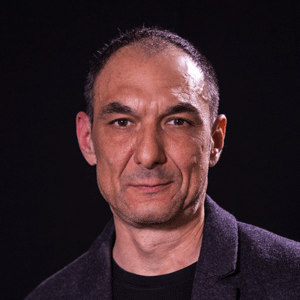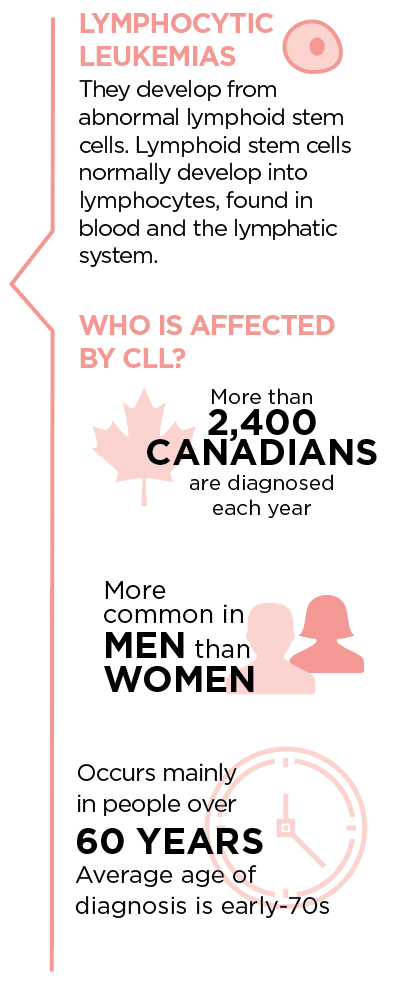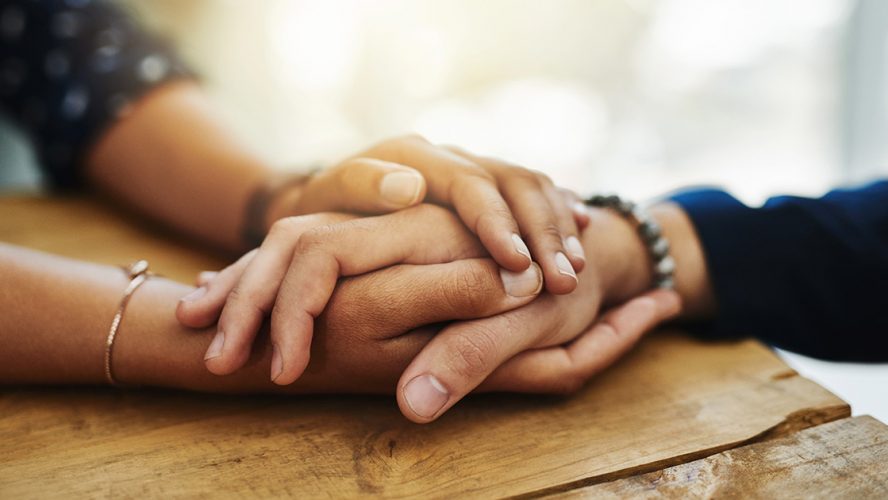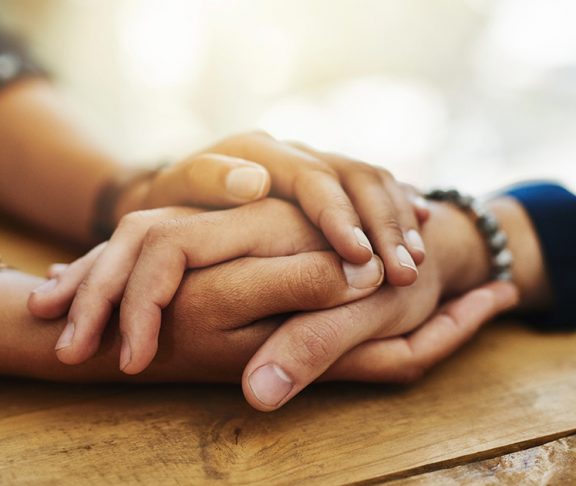
Mark Silverstein
Chronic Lymphocytic Leukemia Survivor
A cancer diagnosis is a life-changing experience. That was certainly true for Toronto area resident Mark Silverstein. He learned that he had chronic lymphocytic leukemia (CLL), an incurable cancer that affects lymphocytes, the white blood cells responsible for fighting infection. Mark was just 45 when he received his diagnosis.

In early 2010, he knew something was up. “Everyone’s CLL is a bit different,” Mark says. “Mine showed up with the swelling of my neck lymph nodes — they went up and down but eventually just remained swollen.” After a number of tests, he was told in Dec. 2010 that he had CLL and would need to begin six cycles of chemotherapy.
With his chemotherapy completed, he went into remission until Oct. 2014.
Motivated to help
When Mark’s disease relapsed, he also learned that his case was problematic because of a mutation on one of his chromosomes that typically translates to a poor prognosis. Still, his doctors took a watch and wait approach, meaning no treatment was initiated until the cancer progressed to a certain point.
Through his journey with cancer, Mark found a new purpose in his life. He changed careers and returned to school to become a psychotherapist. Now, he helps clients in his private practice, shares his experience with cancer openly, co-facilitates patient survivor groups, and advocates (including at Queen’s Park) for better access to the same kind of treatments that have allowed him to keep doing the things he loves. In 2017, Mark relapsed and once again started another new treatment. “I’m so grateful,” he says. “New medications have helped me survive as well as improve the quality of my life.”
“One of the only freedoms we have is within the choices we make, knowledge allows us to be proactive and push for better treatments.”
Mark Silverstein
The case for advocacy
Mark continues to stay informed about new developments and clinical trials for CLL in hopes of supporting other patients and encouraging them to be advocates for their own health. “It’s all about self-advocacy,” he emphasizes. “One of the only freedoms we have is within the choices we make, knowledge allows us to be proactive and push for better treatments.”
Dr. Carolyn Owen, a Hematologist and associate professor at the University of Calgary, agrees that advocacy around CLL is crucial. “It’s especially important for those with this disease,” she says. “Patients have to understand CLL’s symptoms, what’s normal, and the need for watch and wait because when it’s time for treatment, patients have a say about their therapy and when it should begin.”
She also advocates for patients to be open to participation in clinical trials. “They are very valuable,” Dr. Owen explains. “They help improve outcomes and open the door for new, innovative treatments.”


